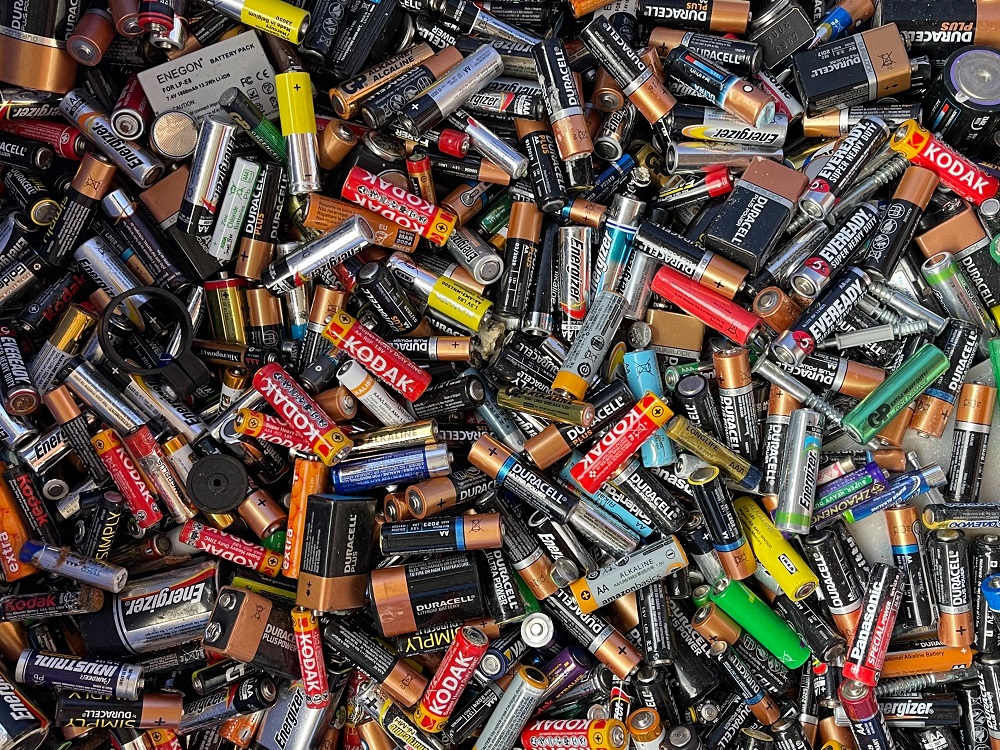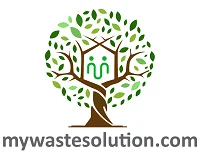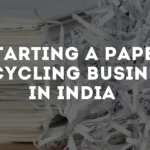A few decades back, one was happy and satisfied with having a decent earning job, a place to live and two meals a day. However, as we advance towards development, waste generation has risen due to the increase in our consumer needs.
According to a report, about 55 million tonnes of municipal solid waste (MSW) and 38 billion liters of sewage are generated in the urban areas of India every year. Additionally, industries produce a huge chunk of solid and liquid wastes.

The Current Scenario
As mentioned in my previous blog, amounts of waste that are left out from treatment are disposed of without any treatment in the landfills.

Most wastes generated today are dumped in land and water without proper treatment. This is not only causing severe pollution but it also emits harmful gases such as methane.
However, the problems created by waste materials can be significantly reduced with the adoption of innovative waste treatment methodologies technologies such as environment-friendly waste-to-energy technologies. This will help in the treatment and processing of wastes before their disposal.
Implementing these measures would not only reduce the quantity of wastes but also help in generating energy from them. Notably, it will also greatly reduce environmental pollution.
Waste to Energy
Rise in energy deficiency has become one of the major concerns of the government, making them look into alternative renewable energy sources. Converting waste to energy is one of the major focus areas. The fact that this conversion serves the dual role of waste disposal and energy production makes it an attractive option.
Connect with the best waste to energy consultants here!
According to the report , the Ministry of New and Renewable Energy (MNRE), urban waste can potentially produce 1700 MW (1500 from MSW and 225 MW from sewage). Also, industrial waste may generate about 1300 MW. So, in order to help produce energy the ministry is also actively encouraging to take up the necessary steps. Moreover, they are ready to give a hand as well in terms of subsidies and incentives for the projects. Surprising fact is that, according to Indian Renewable Energy Development Agency (IREDA) the potential of only 2% of waste to energy is being realized in India so far.
Business Opportunities
The same report also mentions that Indian Government has recognized waste to energy as a renewable technology and supports it through various subsidies and incentives. In fact, the MNRE is actively promoting all the technology options available for converting waste materials into energy.
How can the private sector benefit out of it?
There are great business opportunities for third parties in every component of the waste to energy value chain. Some of which are mentioned below:
- Collection and selling of reusable waste materials in the market
- Waste Processing and sell RDF pellets to plants producing bio-gas
- Bio-gas based power generation from sludge for selling it to the grid
- Produce of machinery and equipment that generates energy
- Power generation and sale of power
I will explain the benefits further in detail in my future blog. If you like reading our blog you can also follow our social media accounts to get daily updates on waste generation!
Consult with our waste management consultants for all your waste management needs!










